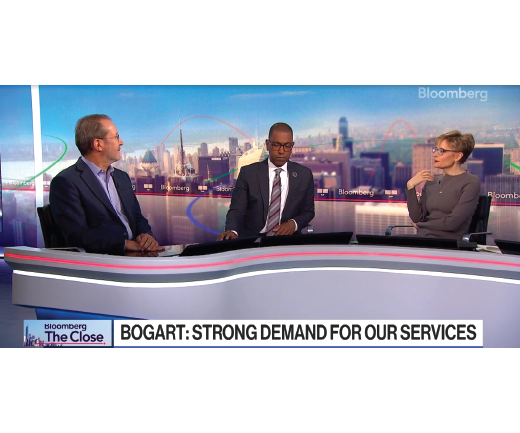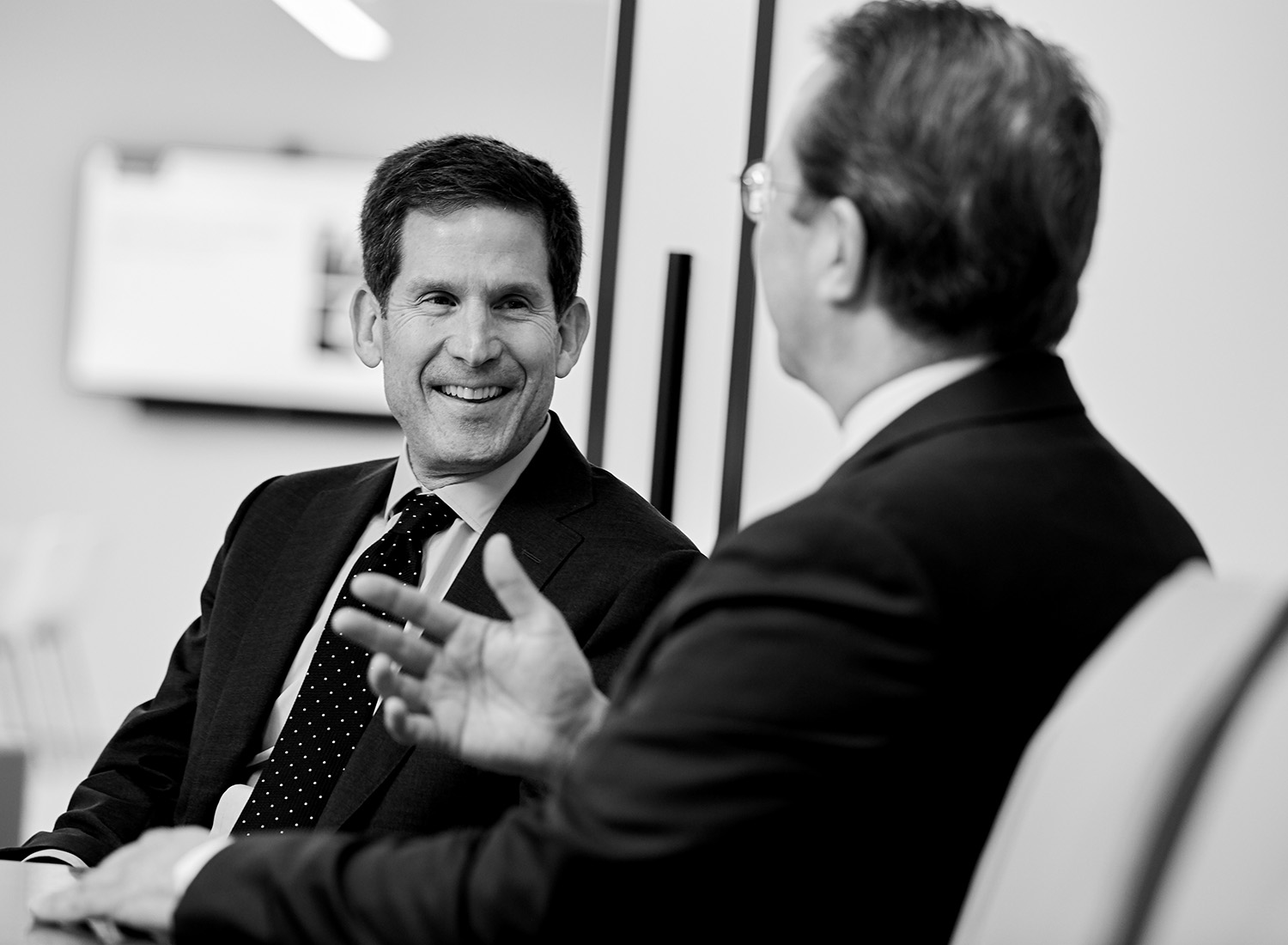Liz Bigham: Businesses in Europe are shifting from a historical reluctance to engage in commercial disputes to a recognition that they should pursue reasonable claims for the benefit of their shareholders. Can you speak to that trend?
Philipp Leibfried: It's really quite interesting and it is happening across Europe and the UK. Broadly speaking, what you see is a realization by many corporates that legal finance is just another way of financing assets. And many corporations increasingly find that they have legal assets they may not have been aware of previously. In a way, it's almost like considering finance for a new project. If you have a legal asset, you consider legal finance to see if that makes sense for you. And where I'm going with this is that many of our clients don't necessarily face a cash constraint, but they see a legal asset simply as an asset that can be used for finance and therefore free up other capital for the operating business.
Also, I think it’s a lot of companies also realizing that they have a duty, which always has been present by the way, in most applicable jurisdictions to maximize recoveries to a business. In most company codes in the jurisdictions we deal with, the board is obliged to recover losses incurred. And ironically, that is something that is also driving this. It's also realization that it's an attractive, new form of finance that hasn't been available previously, especially not at the scale that Burford offers.
LB: Could you talk more specifically about how legal finance can help companies to identify and pursue meritorious claims?
PL: Absolutely. It can be done in a whole variety of ways. So, it could be as simple as a single piece of litigation or arbitration that a company is involved in, where the traditional way of using legal finance is simply to take finance for the fees and expenses of the case. We still do that all the time. It could be a litigation; it could be an arbitration.
What you increasingly see though is that that also entails more than just fees and expenses. If the claim in question is strong enough and large enough and can economically bear more than just fees and expenses, we increasingly finance cashflow in a sense. So, we advance capital against the claim in addition to paying for the ongoing or indeed historic fees incurred on the case, which allows the company in question to accelerate capital, which the company can use for its own corporate purposes.
And then the next stage is that many companies have entire portfolios of legal assets. You may have one big claim, but you may also realize, and this is often a very fruitful realization for companies, that they sit on an entire portfolio of claims. Some of them may be on the defense side, but if there are affirmative claims, this is very attractive because it becomes an entire portfolio, which reduces the overall risk. It enables us to advance more capital and it becomes a way for a company to shift a meaningful part of its legal risk on its books to Burford.
LB: Philipp, could you speak to the types of claims that we are most commonly financing for corporates in Europe?
PL: Absolutely. So obviously the starting point is just a plain vanilla litigation. A commercial litigation or arbitration claim, say a contractual dispute of some sort. Construction arbitration is very hot, post M&A disputes are quite abundant—sadly for many litigants. Patent litigation. We're seeing a real uptick on that in Europe, especially in Germany because of the Unified Patent Court. And then you get all sorts of specialized situations, including portfolios where you may have a commercial arbitration or even a treaty arbitration and a few commercial disputes all mixed up together, forming a distinct risk profile that we would assess as a whole. And that would allow the client in question to shift to us in terms of its risk in its entirety.
One thing that's very important to emphasize there, by the way, is that we don't exercise any control over the claims in question in a monetization or a straight financing transaction of the legal fees and expenses. The claim remains with the client. We don't exercise control. It's just not our business model. And it's also not permitted in the vast majority of cases. It depends on the particular jurisdiction. That would only be different if we bought the claim itself or the arbitral award itself. We do that. We can do that also in meaningful sizes, but in the vast majority of cases, our corporate clients find it much more attractive to simply take legal capital against the assets, but the assets remain on the client's books.
LB: So finally, Philip, could you speak to what you think is especially important for corporates, be they general counsel or CFOs to understand about utilizing legal finance and working with Burford?
PL: So really the takeaway to my mind should be for any corporate, that legal finance is a very powerful tool available to companies that applies to the CFO just as much as to the GC. So especially for companies at scale with vast portfolios of legal assets, it is simply one way of de-risking and of freeing up capital. Burford really is the gold standard provider in this field. So especially when it comes to complex and large opportunities, Burford is in a position to make meaningful amounts of capital available to corporates and do that, first of all without control, but secondly, on a permanent basis. Meaning that if a given claim takes a very long time, Burford will stay the course. And that's just a profoundly powerful tool for corporates that we see a very strong uptick.





